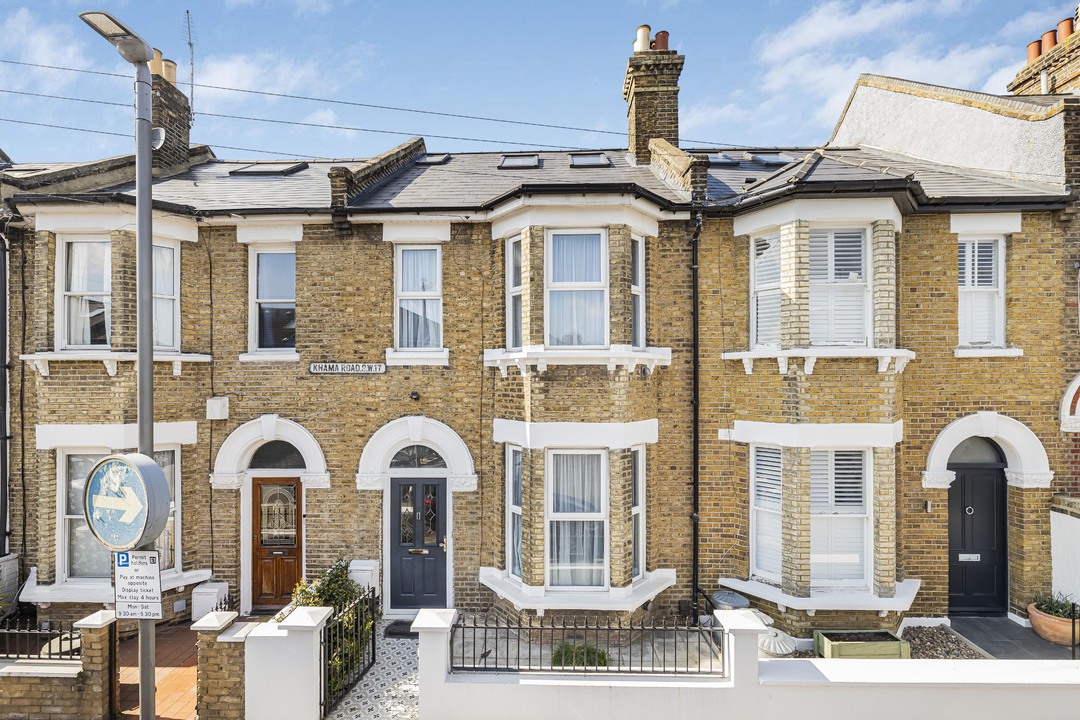
The decision to rent or buy a home is significant. It’s a choice that shapes financial futures and personal lifestyles. Each option has unique benefits and drawbacks. Understanding these can help you make an informed decision.
The Allure of Homeownership
Owning a home is often viewed as a hallmark of success. It provides stability and security. Many see it as a long-term investment. Homeowners build equity over time, which can be a financial safety net. According to the National Association of Realtors, home values appreciate an average of 4% yearly. This growth offers a layer of financial comfort.
The Freedom of Renting
Renting offers flexibility. It allows people to relocate easily for jobs or personal reasons. Renters can move without the burden of selling a property. This option suits those who prefer to keep their living arrangements adaptable. Plus, there’s no need to worry about maintenance costs, which often fall to landlords.
Weighing Your Options: A Data-Driven Approach
Analyzing both options helps clarify your path forward. Evaluate your financial situation and personal needs. Each choice has potential benefits and risks, and understanding these can guide your decision-making.
Financial Factors: Cost Analysis and Investment Potential
Rent vs. Mortgage Payments: A Comparative Look
-
Average Rent: Depending on the city, average monthly rent fluctuates greatly. For example, in New York City, the average rent is about $3,500. In contrast, in a smaller city like Cleveland, it can be around $1,000.
-
Mortgage Payments: A typical mortgage might average $1,500 monthly. Remember to factor in property taxes, home insurance, and maintenance costs. Property taxes can add 1-2% of your home’s value annually. Maintenance often costs 1% of the home’s price.
Building Equity vs. Throwing Money Away?
Homeownership builds equity, a significant advantage. In hot markets, like San Francisco, modern prefab homes can appreciate 6% or more annually. Conversely, less active markets may only see 2-3% growth.
Hidden Costs of Homeownership & Renting
Both renting and owning come with hidden costs. Homeowners face repair bills, property taxes, and homeowner association fees. Renters often pay security deposits and monthly utilities. Consider these expenses when choosing what works best for you.
Lifestyle Considerations: Flexibility vs. Stability
Mobility and Lifestyle Changes: The Renters’ Advantage
Renting is ideal for those needing mobility. Job relocations and changing family needs make flexibility essential. Moving when renting is often hassle-free. Short-term leases allow you to adapt to life’s changes quickly.
Building a Community and Putting Down Roots: Homeownership Benefits
Homeowners often enjoy a deeper connection to their communities. Investing in a home fosters ties to neighbors and local events. This sense of belonging can enhance overall happiness and stability.
Personal Preferences and Lifestyle Choices
Your lifestyle also influences your choice. Some prefer a low-maintenance lifestyle, while others love home improvement projects. Think about what aligns with your day-to-day life.
Long-Term Financial Implications: Retirement & Wealth Building
Homeownership as a Retirement Investment
Owning a home can serve as a valuable retirement asset. As the years go by, homes generally appreciate, providing potential income. Established homeowners can tap into home equity for retirement funding.
The Impact of Rent on Long-Term Savings
Renters may consider investing in stocks, bonds, or retirement accounts. However, they miss the long-term gains from home appreciation. Data shows that homeowners tend to save more than renters over time.
Tax Advantages of Homeownership
Homeowners can benefit from tax breaks. Mortgage interest and property taxes are often deductible. This can reduce the overall cost of homeownership, making it more appealing.
Market Conditions and Factors Influencing Your Decision
Current Interest Rates and Mortgage Availability
Interest rates fluctuate, impacting monthly mortgage payments. As of October 2023, rates are around 7%. This can greatly affect affordability. A better credit score usually leads to lower interest rates.
Local Real Estate Market Trends: Supply and Demand
Real estate markets vary by location. Understanding demand in your area is crucial. Areas with low housing supply may see rising home prices. Stay informed about these trends to make a wise choice.
Expert Opinions on Market Forecasts
Real estate experts offer insights into future trends. Consulting seasoned professionals can give you a clearer picture of the housing market.
Conclusion: Choosing the Path That’s Right for You
When deciding between renting and buying, consider your financial situation and lifestyle needs. Reflect on key points discussed, such as costs and lifestyle factors.
Actionable Steps to Make an Informed Decision
- Assess your financial health.
- Research average costs in your desired area.
- Think about your lifestyle preferences and future plans.
Final Thoughts: Prioritizing Your Long-Term Goals
Choose the path that aligns best with your long-term objectives. Whether renting or buying, make sure it supports your vision for the future. Your home should be a place of comfort that enhances your life.






Leave a Reply